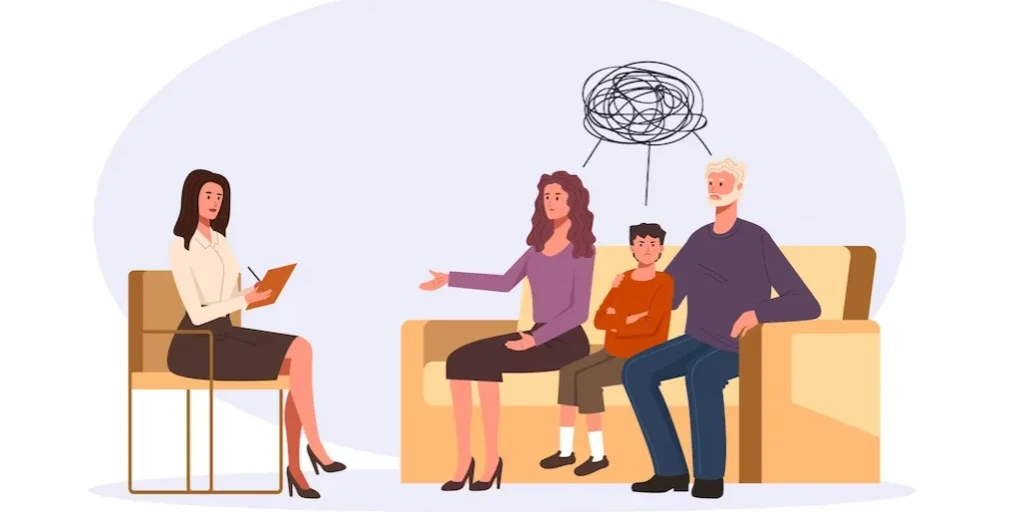24/7 Helpline:
(866) 899-111424/7 Helpline:
(866) 899-1114
Learn more about Codeine Detox centers in Caroline
Codeine Detox in Other Cities

Other Insurance Options

Absolute Total Care

Magellan Health

Anthem

Ceridian

BlueCross

Humana

Highmark

Horizon Healthcare Service

Holman Group

Health Choice

Amerigroup

Molina Healthcare

CareSource

Ambetter

UnitedHealth Group

Access to Recovery (ATR) Voucher

UMR

Sutter

Kaiser Permanente

GEHA
































































Ho – Chunk Nation Alcohol and Drug
Ho – Chunk Nation Alcohol and Drug is a private rehab located in Wittenberg, Wisconsin. Ho – Chunk N...

Lutheran Family Counseling
Lutheran Family Counseling is a private rehab located in Shawano, Wisconsin. Lutheran Family Counsel...

LSS – Lutheran Social Services – Homme Youth and Family Programs
Lutheran Social Services (LSS) - Homme Youth and Family Programs is a residential treatment center s...























































